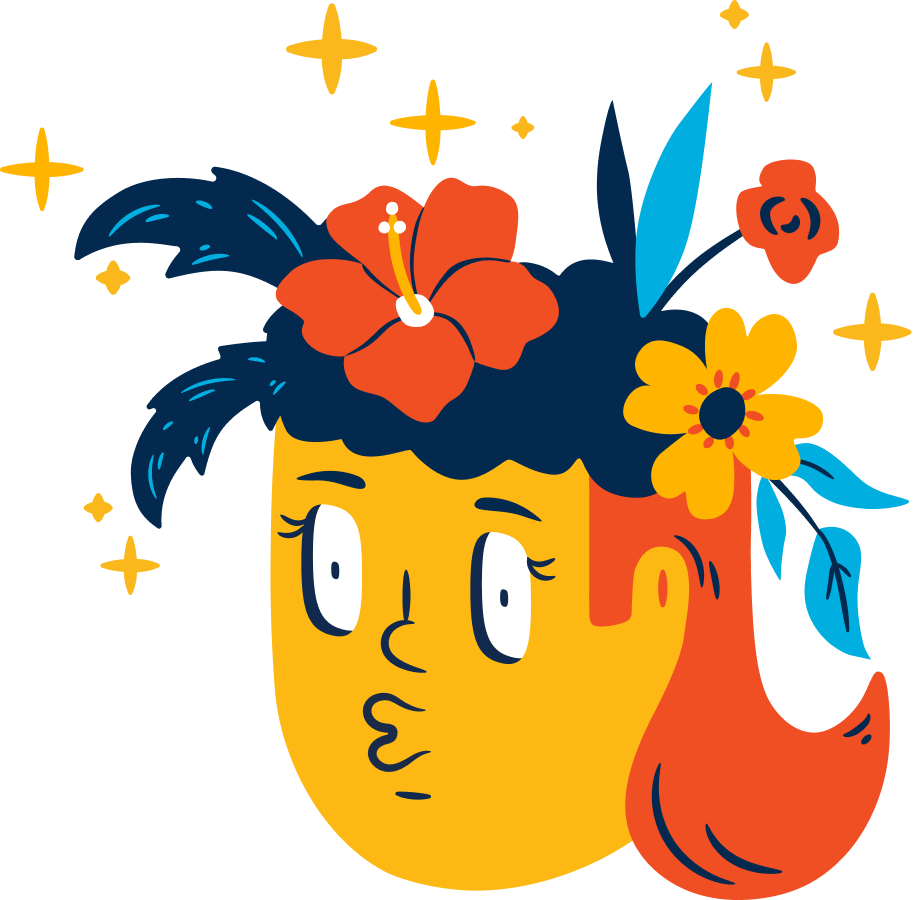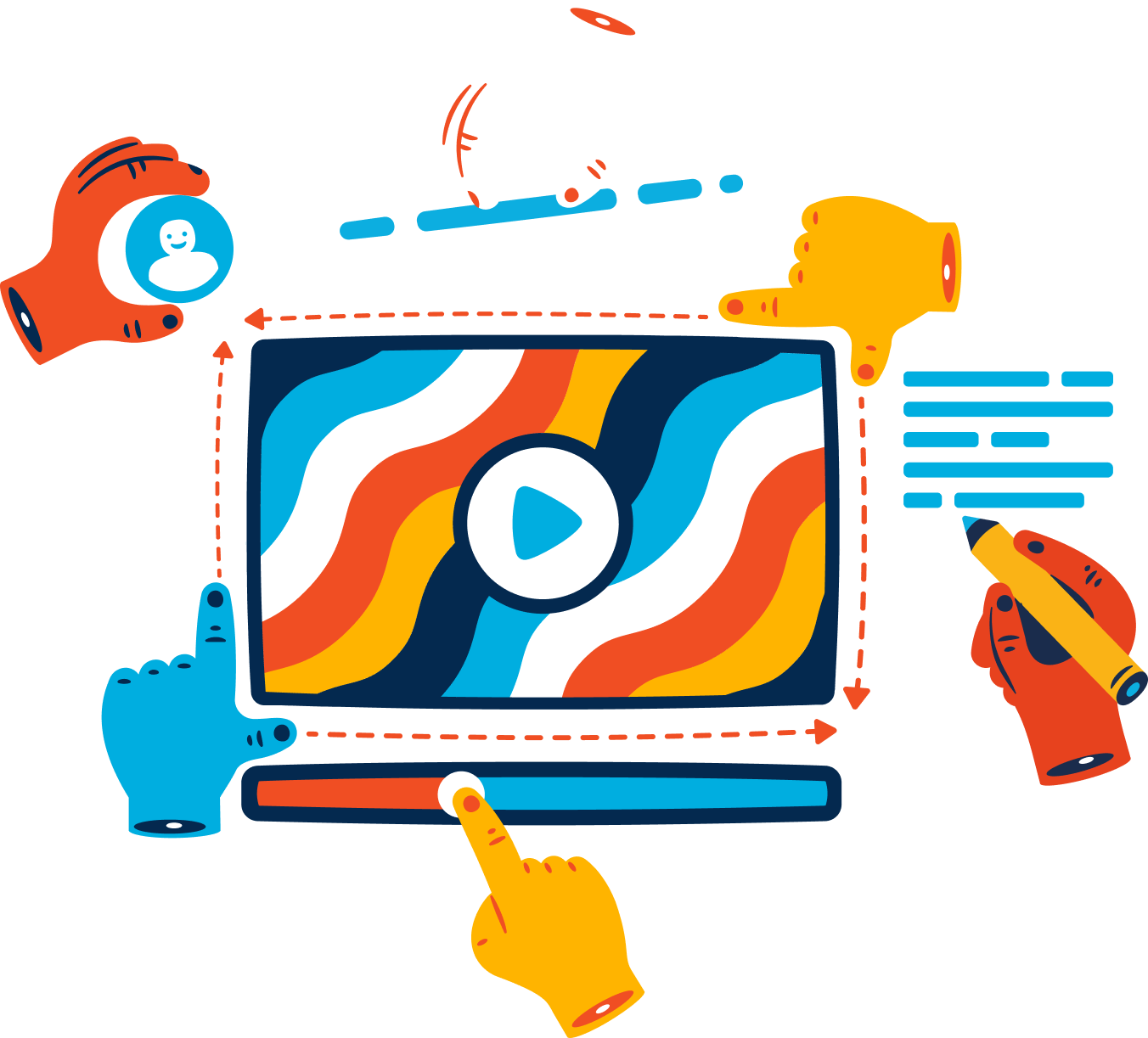18th September 2023
Gamification isn’t a new concept – think back to those gold stars awarded to school children who’d done some good work, or Scouts proudly wearing their skill badges on their sleeves. Even the board game Monopoly started life as a training aid (called The Landlord’s Game), which aimed to show people the negative effects of wealthy people ‘monopolising’ land ownership. But the gamification of everything – an era the world is slowly entering – is uncharted territory.
In its simplest terms, gamification adds game-style incentives into non-game activities. It harnesses behavioural science to answer human needs for rewards and pleasure, putting gaming aspects into a multitude of scenarios. In the corporate world, for example, companies might turn their compliance training into a competitive online treasure hunt – or design an onboarding process with a video-game style walkthrough of the office for new recruits.
It's arguably in the healthcare and wellness world, though, where gamification offers the most interesting and rewarding possibilities. In this sector, gamification has emerged as an astute tool for motivating individuals to make healthier choices, step by calculated step.
The hijacking of dopamine
At the most crucial end, digital therapeutics programs can help patients more effectively manage their chronic conditions. In a 2021 McKinsey report, Dr. Tryggvi Thorgeirsson, the CEO and Co-founder of Sidekick Health, an Iceland-based start-up that works with pharmaceutical companies and insurers to provide programs to help patients with disease management, reveals how gamification helped shape his initiative.
“When I started exploring how I can use technology to deliver these types of interventions and use these behavioural principles, it was just so logical to look at the gaming industry, which really has mastered the art of high jacking our dopamine system to keep us engaged in their games,” he says. “There are just so many principles and tools from gaming that we can use, because in order to have a clinical impact, we have to be able to work with people for months on end.”

More recently, it seems that the Pokémon Company has another hit on its hands – and it’s centred around gamified healthcare. Pokémon Sleep racked up 3m global downloads in the two weeks from release in summer 2023. For the uninitiated, it’s a mobile game that the user leaves open next to them at night. It listens to their breathing patterns and, in the morning, they wake up to discover a new Pokémon with similar sleep habits. They also earn berries as they sleep, to feed and level up their Pokémon.
The app launched on July 17 and was quickly a top five gaming app in 13 countries and the number one app overall in Japan. It also earns revenue of around £1m per month.
How the app retains users long term is to be determined. It may be like Pokémon GO, where 80% of users churned in the first few months, but a solid group of power players drove revenue. Either way, it’s a fascinating case study of the power of gamified wellness tech that drives behaviour change.
How games can drive healthier behaviours
From Fitbits to meal trackers, these innovative tools ignite our competitive spirit by converting steps into achievements and workouts into quests. Every healthy choice, whether it be an extra lap around the park or a skipped dessert, becomes a victory in the game of self-improvement. The gamified approach doesn't merely keep us on our toes – it has the potential to shape healthier routines by transforming them into exciting endeavours.
Picture a gamified app reminding you to stay hydrated throughout the day. As you log each glass of water, you watch your virtual plant flourish – a tangible representation of your growing commitment to health. Such apps are more than mere reminders; they employ visual cues and the promise of a thriving plant to tap into our innate human desire for growth and achievement. This is the essence of gamification: forging connections between our aspirations and actions in ways that traditional health regimens often fail to do.

While physical health garners the spotlight, the realm of mental wellbeing has not been forgotten. The rise of mindfulness and stress-reduction apps underscore the potency of gamification in addressing our psychological needs. Stress, anxiety, and mental fatigue are modern plagues, often exacerbated by our digital lifestyles. Here, gamification acts as a virtual sanctuary, offering a respite through interactive activities, breathing exercises, and guided meditations.
However, as gamification gains ground in the health and wellness arena, questions arise about the delicate equilibrium between play and purpose. Critics argue that an overreliance on gamification may reduce meaningful behavioural change to a mere collection of virtual rewards. The gamified journey, they contend, must complement, not supplant, the genuine pursuit of health.
In response, proponents of gamification emphasise the need for thoughtful design. Gamified experiences, they assert, must be rooted in behavioural science, employing carefully crafted rewards and challenges that resonate with individual motivations. The goal is not to replace the intrinsic value of health but to amplify it through a dynamic, engaging lens.
The route forward is skills-based learning. Think Duolingo but for mental and physical health. In other words, there is still a playfulness to what the user is doing but, crucially, they are also learning along the way – rather being led and following instructions to achieve a gamified outcome. Only by learning will true, lasting behaviour change happen.
We stand at a crossroads where the art of the game meets the essence of our health. Gamification, when thoughtfully harnessed, empowers us to transform our aspirations into tangible accomplishments, our healthy choices into quests, and our daily routines into triumphant journeys. As this vibrant tapestry of technology and psychology unfolds, the world of health and wellness is poised to undergo a transformation that marries the joy of play with the seriousness of purpose – a union destined to elevate lives to unprecedented heights.





